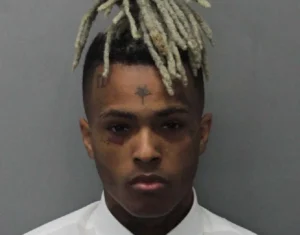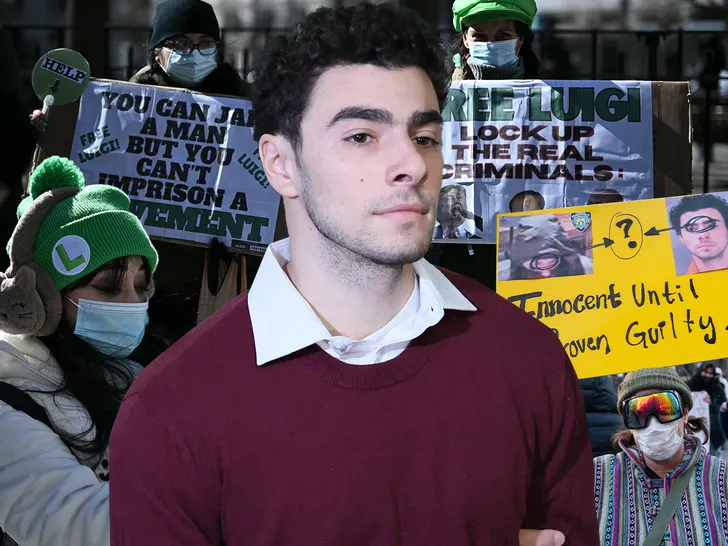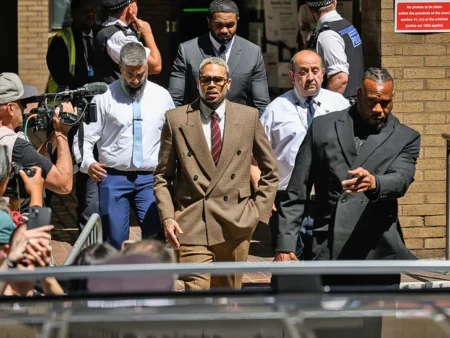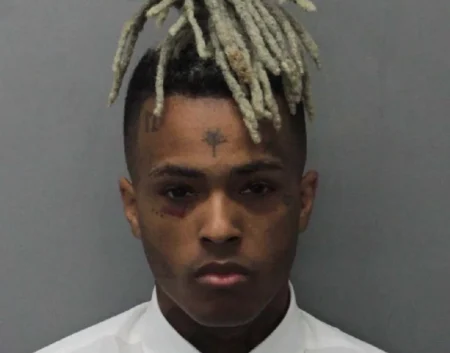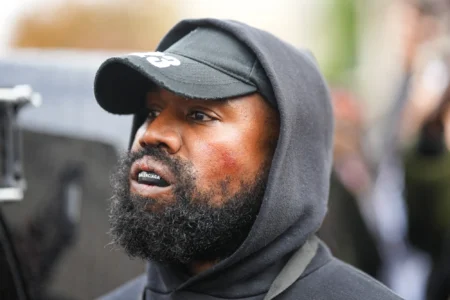Luigi Mangione says the federal government is using him as a pawn in a political game — and now, he’s asking a judge to block the death penalty in his ongoing murder case.
In newly filed legal documents obtained by TMZ, Mangione’s defense team paints a picture of a deeply flawed prosecution, accusing federal officials — including high-profile political figures — of turning the case into a publicity stunt to push a tough-on-crime agenda.
Defense Says Case Is Politically Motivated
Mangione is currently facing federal charges in connection to the killing of Brian Thompson, a healthcare executive and father of two. Prosecutors allege that the murder was premeditated and “cold-blooded” — but Mangione’s attorneys argue that the decision to seek the death penalty is anything but standard.
According to the defense, the entire federal case is “political, arbitrary, and capricious,” and represents a clear break from established federal death penalty protocols.
Pam Bondi and DOJ Accused of Tainting the Case
At the center of the controversy is a social media post from Attorney General Pam Bondi and the Department of Justice, which Mangione’s lawyers say has already painted their client as guilty before a trial has even taken place.
The DOJ post states:
“Luigi Mangione’s murder of Brian Thompson — an innocent man and father of two young children — was a premeditated, cold-blooded assassination that shocked America. After careful consideration, I have directed federal prosecutors to seek the death penalty in this case as we carry out President Trump’s agenda to stop violent crime and Make America Safe Again.”
Mangione’s legal team calls the post inflammatory and prejudicial, arguing that it unfairly influences potential jurors and grand jury members. They allege it presents the death penalty decision as part of a broader political campaign tied to former President Trump’s platform, rather than a decision based purely on legal merit.
Defense Alleges Favoritism for Corporate Interests
Digging deeper, Mangione’s attorneys also argue that the only reason the government is pursuing the death penalty is because the victim, Brian Thompson, was a prominent healthcare CEO — implying a double standard in how justice is administered based on class and corporate influence.
To support this claim, they’re asking the court to compel the federal government to release all internal communications with outside parties, including lobbyists, business interests, and corporate advocates, who may have influenced or requested the pursuit of the death penalty.
Their goal: to uncover whether the push for capital punishment is being quietly driven by private interests behind the scenes.
Defense Questions DOJ’s Consistency on Capital Punishment
Another argument presented in the legal motion focuses on the Department of Justice’s inconsistency in pursuing the death penalty. Mangione’s team claims that prosecutors selectively apply capital punishment based on political convenience or media attention, rather than on uniform legal criteria.
They say this case represents a stark deviation from recent DOJ practices, particularly under previous federal guidelines that limited the pursuit of the death penalty in favor of life sentences.
The defense is hoping the court sees this as a troubling sign that the scales of justice have been tipped by politics, not by the rule of law.
What Happens Next
If the judge sides with Mangione’s team, it could lead to a major shake-up in the case — potentially blocking the death penalty entirely and forcing federal prosecutors to rethink their strategy. It could also lead to new transparency requirements for how the DOJ communicates with third parties on sensitive criminal matters.
Meanwhile, the prosecution is expected to defend its decision by emphasizing the brutality of the crime and the need for accountability, especially in a case that has drawn national media attention.
Public Backlash and Media Scrutiny
The case has already ignited strong reactions online. Critics of the DOJ argue that the AG’s public statement violates the principle of due process, while others believe the death penalty is appropriate given the nature of the crime. The controversy reflects broader tensions in the U.S. about how political agendas influence criminal justice decisions — particularly in high-profile cases.
Some legal analysts warn that if the court finds the DOJ acted improperly, it could undermine public trust in future federal prosecutions and raise new concerns about prosecutorial impartiality.
Luigi Mangione’s Fate Remains Uncertain
For now, Luigi Mangione remains at the center of a growing legal and political storm. As his attorneys continue to push for a dismissal of the death penalty option — and possibly even broader sanctions against the prosecution — the case could set a precedent for how politics, media, and justice intersect in modern-day America.
Whether the judge agrees that this case is a political showpiece or a justified pursuit of maximum punishment remains to be seen.
Stay tuned for updates as the legal battle unfolds, and follow us for ongoing coverage of this developing story.



